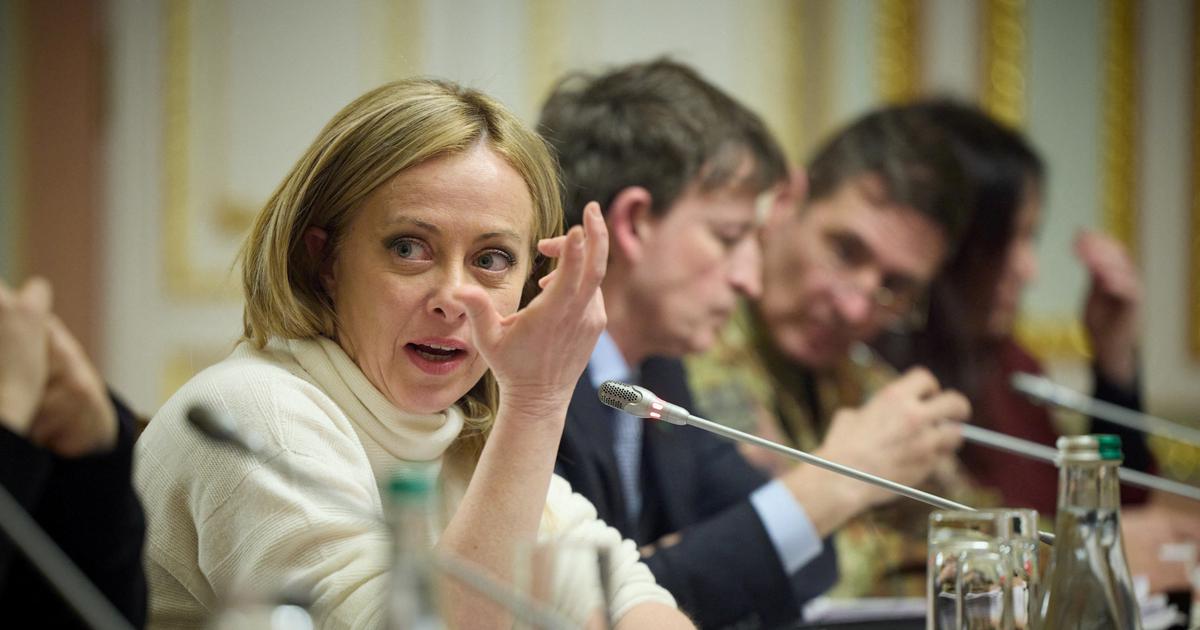Italy's public deficits for the years 2020 to 2022 have been revised significantly upwards, to take into account the costly tax credits granted as part of energy renovation aid, the National Institute of Statistics announced on Wednesday ( Istat).
The public deficit thus rose to 8% of gross domestic product (GDP) in 2022, while the government of Giorgia Meloni intended to reduce it to 5.6%.
The 2021 deficit has been corrected to 9%, from 7.2% previously.
Italy's economic growth for its part rose to 3.7% in 2022, in line with the forecast of the government of Giorgia Meloni, according to updated data published on Wednesday by the National Institute of Statistics (Istat).
The 2020 deficit was raised to a lesser extent, rising to 9.7%, against 9.5% previously.
This revision takes account of a new Eurostat directive on tax credits published in mid-February.
These tax credits must now be accounted for in State budgets when they are granted and no longer when they will have a real impact on tax revenue.
Read alsoFaced with massive shortages of employees, Giorgia Meloni wants to liberalize work
A very expensive “super bonus”
A device called "
superbonus
", intended for work ranging from thermal insulation to solar panels and window replacement, was launched in May 2020 to stimulate the Italian economy after the recession caused by the coronavirus pandemic.
Italian households rushed to this mechanism through which the State supported 110% of the cost of interventions through tax credits or tax breaks.
Victim of its own success, the "
superbonus
" has so far cost 61.2 billion euros to the state coffers.
If we add other construction bonuses, this amount even reaches 110 billion euros, or about 6% of GDP.
However, the budgetary estimates had counted on a total cost of 72.3 billion euros, hence a hole of 37.7 billion euros which is at the origin of the slippage of the deficits.
In the 2023 budget, the Meloni government had already limited subsidies, reducing the superbonus from 110% to 90% and making it means-tested.
And in mid-February, he suddenly put an end to the sale of tax credits, which will therefore no longer be negotiable and can no longer be cashed.
Previously, homeowners could assign these tax credits to their builders, who sold them to a bank, which then collected the money from the state.
“
We are cleaning up a situation that is out of control, otherwise we would not have had funds for the budget
,” Prime Minister Giorgia Meloni recently argued.

